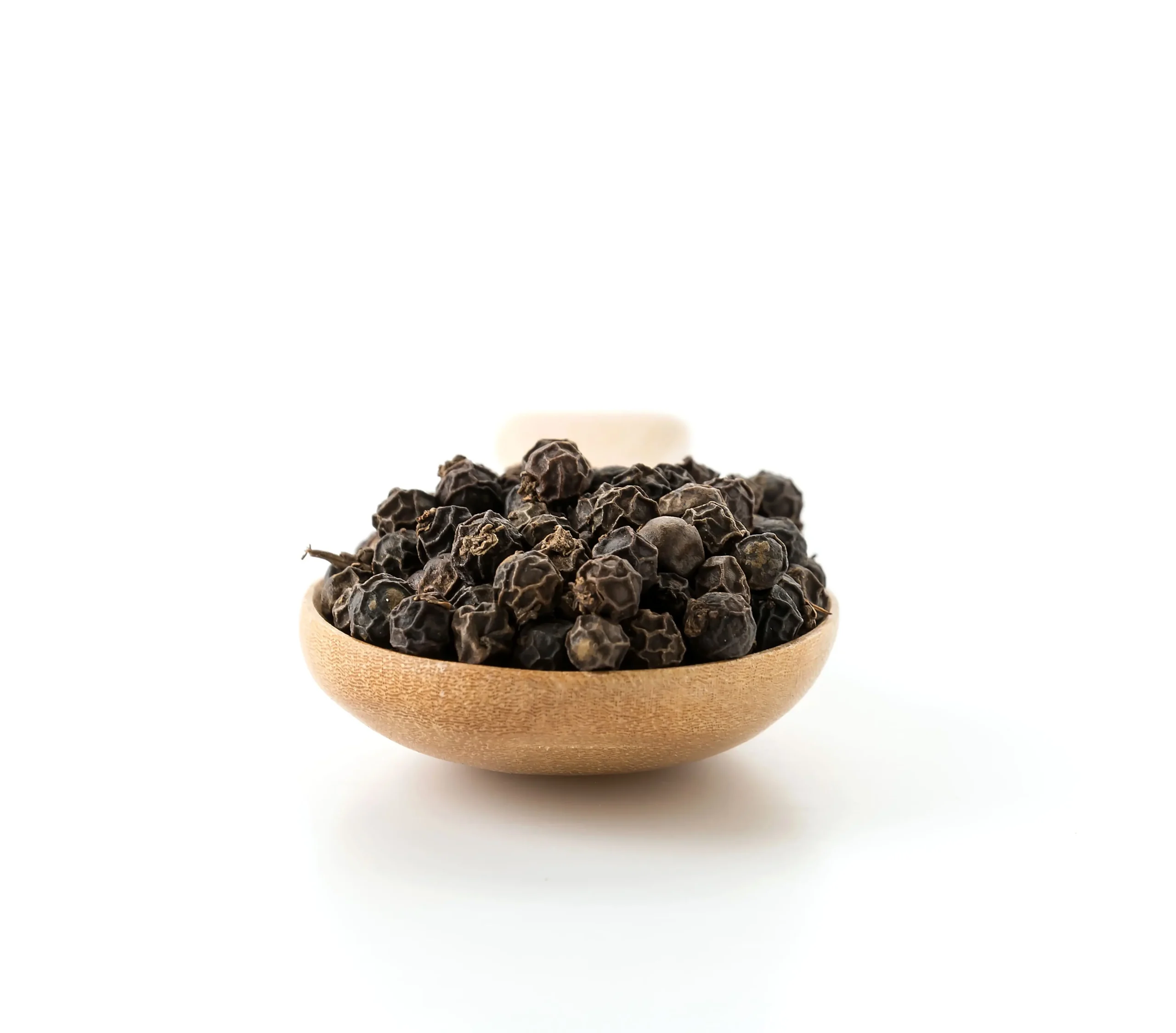Ancient Origins of Black Pepper
Black pepper, often referred to as the “King of Spices,” has a rich history dating back thousands of years. Originating from the Western Ghats of Kerala, India, black pepper was a prized commodity in the ancient world. It played a crucial role in the spice trade, with traders from Greece, Rome, and the Middle East traveling great distances to acquire this valuable spice. During medieval times, black pepper was so valuable that it was even used as currency.
The Role of Black Pepper in the Spice Trade
As one of the most sought-after spices, black pepper fueled explorations and established trade routes between India and Europe. The spice trade not only shaped global commerce but also influenced cultural exchanges, introducing black pepper to various cuisines worldwide. Today, Kerala remains one of the top producers of high-quality black pepper, ensuring its global presence in culinary and medicinal applications.
Health Benefits of Black Pepper
Black pepper is more than just a flavor enhancer; it offers numerous health benefits due to its potent bioactive compound, piperine. Here’s how adding black pepper to your diet can improve overall well-being:
1. Rich in Antioxidants
Black pepper contains powerful antioxidants that combat free radicals in the body, reducing oxidative stress and lowering the risk of chronic diseases such as cancer and heart disease.
2. Enhances Digestion
Piperine stimulates digestive enzymes, helping to improve digestion and nutrient absorption. It can also reduce bloating and discomfort caused by indigestion.
3. Boosts Immunity
With its antimicrobial and anti-inflammatory properties, black pepper strengthens the immune system, helping the body fight infections more effectively.
4. Supports Weight Loss
Piperine is known to enhance metabolism, making black pepper a great addition to weight loss diets. It helps the body burn fat more efficiently and prevents fat accumulation.
5. Improves Brain Function
Studies suggest that piperine can enhance cognitive function by improving memory and concentration. It may also help in managing neurodegenerative conditions like Alzheimer’s disease.
6. Relieves Cough and Cold
Black pepper is a common home remedy for cough and cold relief. It acts as a natural decongestant, clearing mucus and providing relief from respiratory issues.
7. Supports Heart Health
Regular consumption of black pepper can improve cardiovascular health by lowering bad cholesterol levels, regulating blood pressure, and enhancing blood circulation.
Adding Black Pepper to Your Diet
Incorporating black pepper into your daily diet is simple and beneficial. Here are some ways to enjoy its health perks:
- Sprinkle freshly ground black pepper on soups, salads, and stir-fries.
- Add it to herbal teas or warm water with honey for cold relief.
- Use it as a seasoning for grilled meats, vegetables, and pasta dishes.
- Combine with turmeric to enhance its anti-inflammatory effects.
Conclusion
Black pepper is a versatile spice that has stood the test of time, from its ancient origins to its prominent role in the spice trade. Beyond its rich history, this “King of Spices” offers numerous health benefits, from boosting immunity to supporting heart health. Including black pepper in your daily meals can enhance both flavor and well-being, making it an essential ingredient in every kitchen.


